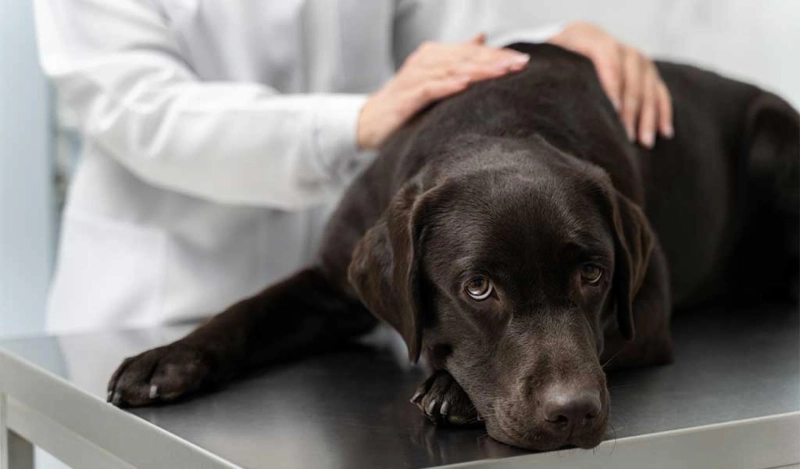Fighting Off Parvovirus - What You Need to Know to Win the Battle!
Parvovirus is a serious and potentially deadly virus that affects many dogs. Knowing how to identify and treat it is essential in order to protect your pet and give them the best chance of recovery.


